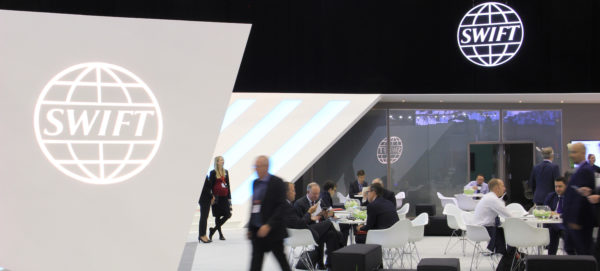
Swift considers blockchain test for foreign account reconciliation
By David Heun for PaymentsSource
The Society for Worldwide Financial Telecommunication is exploring the potential of distributed ledger technology for banks to provide real-time reconciliation of their databases for accounts they hold in other banks in a foreign currency.
A proof of concept test, which is part of Swift’s global payments innovation initiative, will help banks optimize their liquidity through the distributed ledger, or blockchain, technology.
Under the current correspondent banking model, banks need to monitor the funds in their overseas, or nostro, accounts via debit and credit updates and end-of-day statements. The maintenance and operational work involved represents a significant portion of the cost of making cross-border payments. Swift is hoping the test will help banks reconcile those accounts more efficiently, lowering costs and operational risk.
“While existing DLTs are not currently mature enough for cross-border payments, this technology, bolstered by some additional features from Swift, may be interesting for the associated account reconciliation,” Wim Raymaekers, head of banking market and Swift global payments innovation, said in a Jan. 12 press release. “This proof of concept gives us the opportunity to test DLT and determine if it can be applied to this particular use case.”
Swift says it will deploy open-source Hyperledger technology and combine it with key Swift assets to comply with financial industry requirements. Using a private blockchain in a closed user group environment, with specific user profiles and strong data controls, will allow Swift and member banks to govern user privileges and data access.
The Swift global payments innovation initiative launched in December 2015 to deliver a new standard in cross-border payments by emphasizing common procedures and codings for cross-border payments.
More than 90 banks have signed up for the initiative, which is set to go live early this year, the global messaging network said.
First appeared at PS





